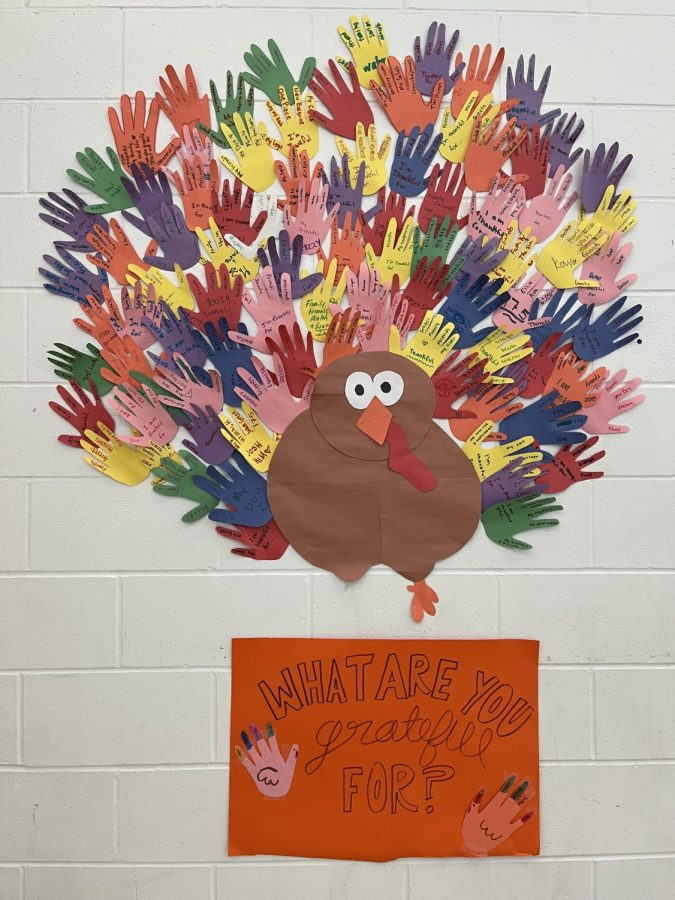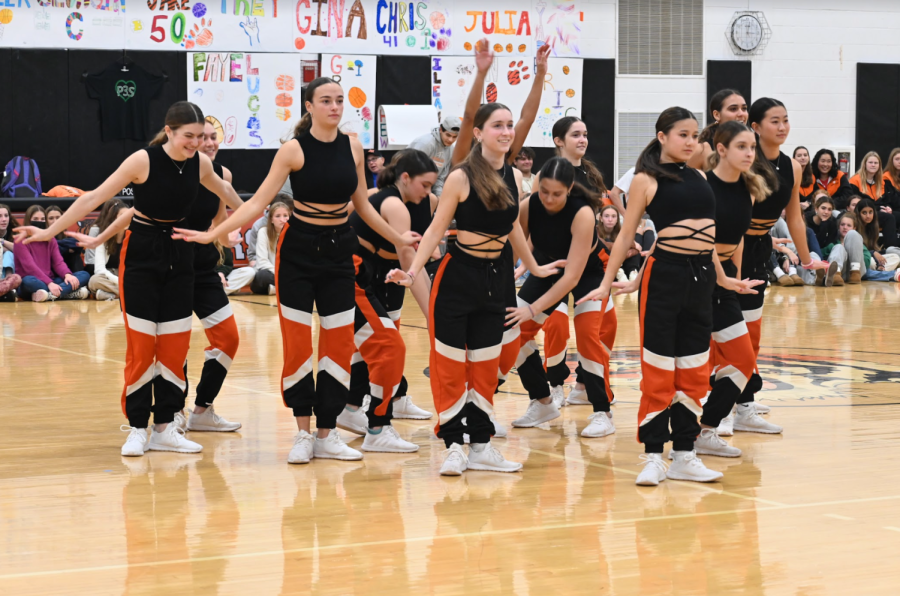by Naomi Cherenson
Students gathered in the auditorium yesterday during B-block to watch the movie Brother Outsider as a part of Black Culture Awareness Day, which was organized by the Black Leadership Advisory Council (BLAC).
Brother Outsider tells the story of Baynard Rustin, a gay African-American man, who organized the 1963 March on Washington, which was one of the largest nonviolent protests ever held in the United States and which was a landmark event in the civil rights movement.
The film shows Rustin as an outsider and trouble maker, said senior Robyn Estwick, the president of BLAC.
Despite his many achievements during the civil rights movement, Rustin was silenced, threatened, beaten and imprisoned because he was an openly gay man living during a fiercely homophobic time, according to Estwick.
Brother Outsider is a combination of footage from Rustin’s life as well as interviews with various colleagues who worked with him during the March on Washington. The film largely focused on Rustin accomplishments and on the March.
When the film ended, poet Uriah Bell spoke to the students. He said that he looks up to Rustin. In addition, Bell spoke about his own personal experience as an openly gay African-American man as well as his view of the film and of Rustin.
When Bell asked students who had heard of Rustin prior to watching the film only six hands went up.
“Why do you think very important figures are hidden from history?” asked Bell. Some students said they thought it was easier to teach the civil rights movement in school by focusing on one public figure, like Martin Luther King, Jr. This may be why important figures such as Rustin are not taught at this school, according to some students.
Bell said that he did not hear of Rustin until 2006 because Rustin’s achievements and life have not been widely publicized. Many people believe King was widely responsible for organizing the March on Washington, when in fact it was organized by Rustin, said Bell.
“King deserved a lot of credit, but some of it should be shared with Rustin,” he said.
According to Bell, people chose to talk about civil rights instead of gay rights because that was the greater problem at the time. Bell stressed that Rustin’s treatment because of his sexual orientation was completely unfair.













































